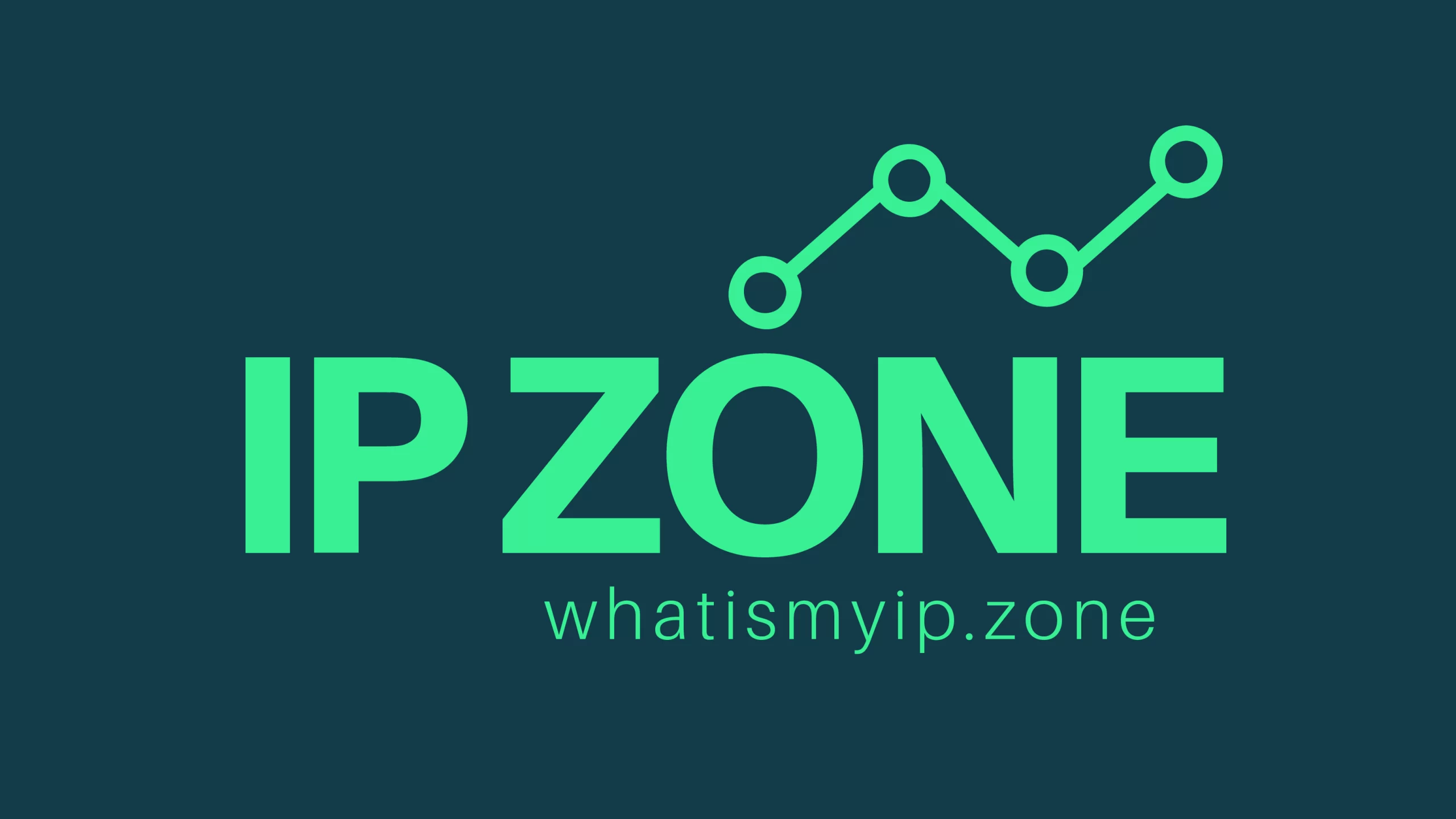| Your IP Address | |
| Continent | |
| Continent M49 Code | |
| Country Name | |
| Country Code | |
| Region | |
| Region Code | |
| City | |
| Postal Code | |
| Time Zone | |
| Currency Code | |
| ISP Name | |
| ISP Domain | |
| Usage Type | |
| ASN | |
| AS | |
| Is Proxy | |
| Proxy Type |
Public ip and private ip range,IP location is the identification of a computer or server by its physical address. It is a fundamental component of the internetworking protocol suite and is also used for location-based services. You can check your ip with our tool IP ZONE.
Public ip and private ip range (IP ZONE)
An IP address is a number that is used by computers to identify themselves to each other on the internet. IP addresses are written and displayed in human-readable notations such as 192.0.2.1 in IPv4, and 2001:db8:0:1234:0:567:8:1 in IPv6. 1
Most computers have an assigned IP address from one of several geographic regions known as network segments (for example, North America, Europe, Asia Pacific). Each network segment has its own set of numerical IP addresses and subnets (smaller groupings of addresses).
Types of the IP address
There are four types of IP addresses: public, private, static, and dynamic. 2
- Public IP address: This is the address that is displayed in most browsers when you are trying to connect to a website or application. It is not private, and therefore it can be seen by anyone who happens to be on the same network as your device.
- Private IP address: Your IP address is considered private if it’s not listed among the public IP addresses assigned by your ISP. A private IP address costs extra money from your ISP, but allows you to access websites and applications that are only accessible using those specific numbers (e.g., 123.456.*).
- static IP address: This is an IP address that is always the same, regardless of where you are on the internet. Static IP addresses can be used to connect to certain websites or applications that require a specific IP address (like streaming video services).
- Dynamic IP address: A dynamic IP address changes every time you connect to the internet. This type is great for connecting to different websites and applications depending on your location, as it will never use the same number twice in a row.
Public IP address
How can I find my public IP address?
The location of your public IP address will vary depending on your location. However, some methods you can use to track down your public IP address include using an internet service provider (ISP) lookup tool or using a website that tracks global internet traffic statistics.
What does a public IP address tell you?
A public IP address is not private information and can be freely shared with anyone. However, it does give you some indication of where you are located on the internet. Additionally, a public IP address can be used to track your online activity in conjunction with other data sources.
Private IP address
How can I find my private IP address?
Your private IP address is unique and will not be publicly visible. This address is only used by you and your computer, and cannot be accessed or viewed by anyone else. To find your private IP address, you can use a tool like Network investigative tools (NIT) which is available for free from the official Windows 10 download page.
What does a private IP address tell you?
A private IP address is unique and only used by the computer on which it is assigned. This address cannot be accessed or viewed by anyone else, making it an ideal way to protect your privacy. Additionally, a private IP address can be used to hide your location from tracking tools.
How can I keep my public IP address private?
There is no one-size-fits-all answer to this question, as the best way to protect your public IP address varies depending on the situation. However, some tips you can use include using a VPN service or setting up a proxy server.
Versions of the IP address
There are also different versions of IP addresses, which are determined by the number that is after the address:
IPv4: This version of the internet protocol (IP) was most commonly used until recently when it started to become outdated. IPv4 is made up of four numbers (e.g., 192.168.*). It has a larger address space (32 bytes instead of 4 numbers) and can support more devices on the internet at once due to its hierarchical address system.
IPv6: The latest version of IP addresses is IPv6, which offers many new features over its predecessor, IPv4. IPv6 is made up of 128-bit addresses and can support a much larger number of devices on the internet simultaneously. It also has a unique address format that is easier to remember and type (e.g., 2001:db8:4::).

What is the importance of IP address?
An IP address is the unique identifier assigned to each device on the internet. It is commonly used to identify a computer or server by its physical location. When computers communicate with other computers, they use their IP addresses to specify which network they are located on and what type of protocol should be used for communication (TCP, UDP, etc.).
Why to check the IP location?
Checking your IP address can help you troubleshoot problems if you are having difficulty connecting with certain websites or applications. In addition to being important for accessing the internet, your IP address is also essential if you want to access certain home network security features or remote desktop services. For example, if you have a home router that supports network-wide login (WAN port forwarding), your IP address is needed in order to authenticate with the router.
Ways to hide your IP
There are a few ways you can hide your IP address. Some popular methods include using a VPN, TOR, and iVPN. Each of these has its own set of pros and cons, so it is important to choose the one that is best for you depending on your needs.
1. Use a VPN
VPNs encrypt your traffic and send it through an intermediary server, which makes your ip address hidden. This is the most popular way to hide your ip address because it is easy to use, privacy-friendly, and works with almost all devices. However, a VPN can be expensive if you require a long term subscription (6 or 12 months).
2. Use TOR
Tor is similar to a VPN in that it encrypteds your traffic and sends it through an intermediary server. However, Tor also helps conceal the location of the websites you are visiting by bouncing your internet request around different nodes on the network until it reaches the site you are trying to visit. This makes it less likely that your original ip address is traced back to you. However, TOR is not as private as a VPN and can be slower.
3. Use a proxy
A proxy is a server that acts as an intermediary between you and the websites or applications you are trying to access. This means your ip address is hidden, but it also means that the proxy can act as a tracking device. Proxies are often free, but they can be slow and have limited functionality.
A VPN and proxy server both mask your IP address. But a VPN will also encrypt the data you send and receive, something that a proxy server doesn’t do. 3
4. Use iVPN
iVPN is a type of VPN that uses your own device to connect to the internet. This means you do not need to use a separate proxy or VPN app on your computer. iVPN is simple to use and has been shown to be more reliable than other types of VPNs. However, it can be more expensive than using a proxy or VPN app and does not work with all devices.
What is IP Geolocation?
IP Geolocation is the process of determining your location by using your IP address. This information can be used to identify where you are on the internet and provide a general idea of your geographical location.
How does IP-based geolocation work?
When a website needs to know the location of a user, it will send out an HTTP request asking for geolocation information. This type of request is known as an ‘ OPTIONS ‘ header. The geolocation provider that is contacted will provide a back a response containing the latitude and longitude of the user’s current location. Google Maps can then use this information to display a map with pins indicating where the given IP address is located on Earth.
I’m having trouble connecting to the internet. What could be the problem?
There are a number of possible reasons why you might not be able to connect to the internet, including incorrect IP address; firewall blocking port 25 (the default email server port); and insufficient network resources. If you’re unable to connect using these standard methods, please consult your device’s manual or contact your ISP for more information.
With the proliferation of smart home devices, online gaming platforms, and streaming video services, maintaining a strong Internet connection at home is more important than ever. 4
Why do you need geolocation?
Geolocation is often used to determine the approximate latitude and longitude of a user’s location. This information can then be used in conjunction with public and private IP addresses to track the whereabouts of users online. Additionally, geolocation can be beneficial for marketing purposes, as it allows businesses to target specific geographic areas with their advertisements.
What is a VPN service?
A virtual private network (VPN) is an Internet security service that allows users to access the Internet as though they were connected to a private network. 5
A VPN service encrypts all of your traffic and routes it through an intermediary server, making it difficult for anyone outside the network to see or track you. This service is particularly useful if you want to protect sensitive data (like bank statements) from being intercepted.
How accurate is IP Geolocation?
IP geolocation is typically accurate to within a few kilometers. However, this method is not always reliable, as IP addresses can be spoofed (for example, by using a VPN). Additionally, the accuracy of geolocation data can be affected by a number of factors, including the location of your internet service provider and the availability of public satellite imagery.
Where can I get an IP-based Geolocation database?
There is no centralized geolocation database that is freely available to the public, but some third-party providers do offer such a service. You can find more information about IP-based geolocation databases on the websites of the respective providers.
Questions about Public ip and private ip range:
Can Google Maps find IP?
What is my IP location and country?
ipv4 is a 4-byte long IP address, usually in dotted decimal notation eg 84._128.192.in-addr.ARPA
latitude – degrees north of the equator (0-90)
longitude – degrees east or west of Greenwich meridian (-180 to +180), Meridian is 185th meridian which runs through London.
Can IP be tracked to location?
What is IP-based Geolocation?
Can your IP remain unchanged?
Do I need to be location aware?
How does the IP lookup work?
Sources
- Wikipedia contributors. (2022, October 31). IP address. Wikipedia. https://en.wikipedia.org/wiki/IP_address
- IP Address Definition: How It Works and Examples. (2022, April 12). Investopedia. https://www.investopedia.com/terms/i/ip-address.asp.
- Proxy vs. VPN: 4 differences you should know. (n.d.). NortonLifeLock. https://us.norton.com/blog/privacy/proxy-vs-vpn.
- How To Quickly Fix Your Internet Connection (Three Options Explored). (2015, October 3). [Video]. YouTube. https://www.youtube.com/watch?v=o0RI8frF524&feature=youtu.be
- Just a moment. . . (n.d.). https://www.cloudflare.com/learning/access-management/what-is-a-vpn/.
